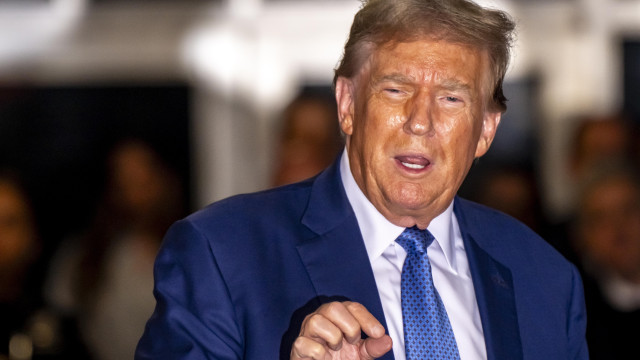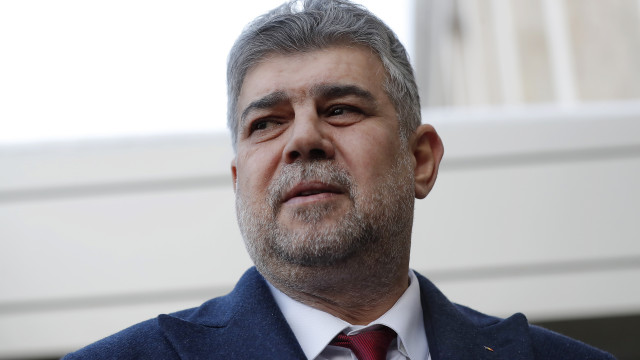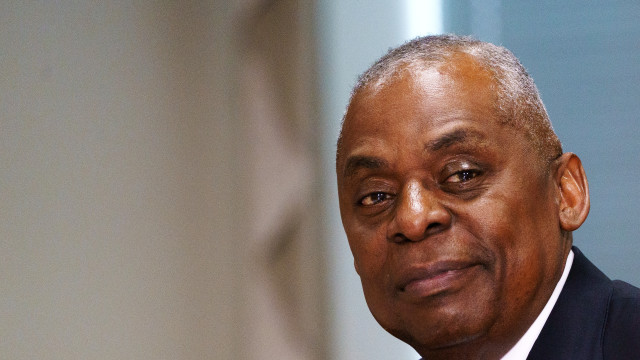The EU has launched an investigation into Facebook and Meta's Instagram over concerns that the platforms are failing to counter misinformation ahead of the EU elections in June, AFP reports
The probe is part of the EU's new Digital Services Act, a landmark law that fights illegal content online and forces the world's biggest tech companies to do more to protect consumers online.
The European Commission said it suspected that Meta's ad moderation was "insufficient" and that increasing paid spots under these conditions could harm "electoral processes and fundamental rights, including consumer protection rights."
EU leaders are particularly concerned about Russia's attempts to manipulate public opinion and undermine European democracy.
The probe aims to "make sure that effective action is taken, in particular to prevent foreign interference from exploiting the vulnerabilities of Instagram and Facebook," EU Internal Market Commissioner Thierry Breton said.
"We suspect that Meta's moderation is insufficient, that there is a lack of transparency of ad and content moderation procedures," Margrethe Vestager, the commission's executive vice-president, said in a statement.
Facebook and Instagram are among the 23 "very large" online platforms that must comply with the FPA or risk fines of up to six percent of the platform's global turnover or even a ban in the most severe cases.
Other platforms include Amazon, Snapchat, TikTok and YouTube.
Meta did not comment on the focus of the investigation, instead stating more generally that the US company has a "well-established process for identifying and mitigating risks across our platforms".
A Meta spokesperson added: "We look forward to continuing our cooperation with the European Commission and providing them with further details of this work."
Brussels is particularly concerned that Meta does not have an "effective" tool to monitor elections ahead of the EU-wide vote from 6 to 9 June.
It highlighted Meta's decision to shut down CrowdTangle, a digital tool considered vital in tracking disinformation.
Meta said it would replace CrowdTangle with a new content library, a technology still under development.
The company has five business days to explain what actions it has taken to mitigate the risks of decommissioning CrowdTangle.
The EU's concern is due to the reach of Meta's platforms across the 450 million block. Both platforms have over 260 million monthly active users respectively.
The focus of the EU's investigation is broad and includes Meta's actions to reduce political content on Facebook and Instagram's recommendation systems.
Brussels is concerned that this may be in breach of DSA transparency rules.
The EU also suspects that Meta's mechanism for flagging illegal content is not easy enough to access or user-friendly, the Commission said.
No deadline has been set by which the review must be completed. /BGNES

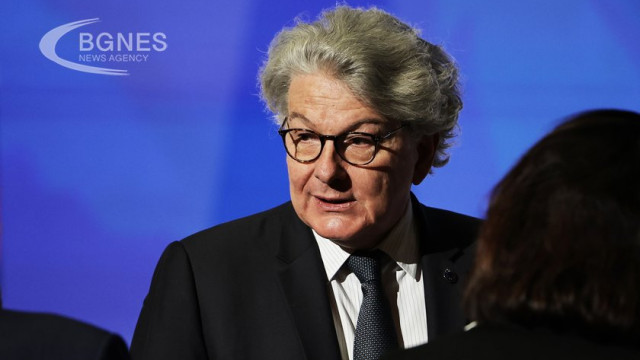
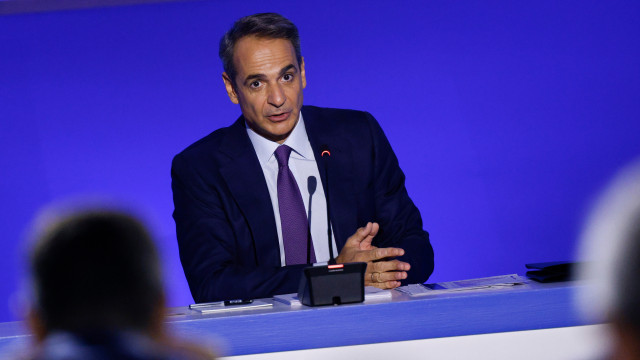
.jpg)
